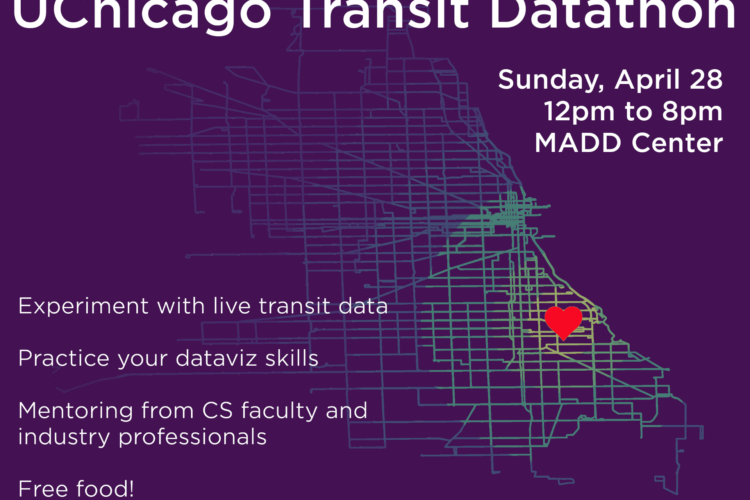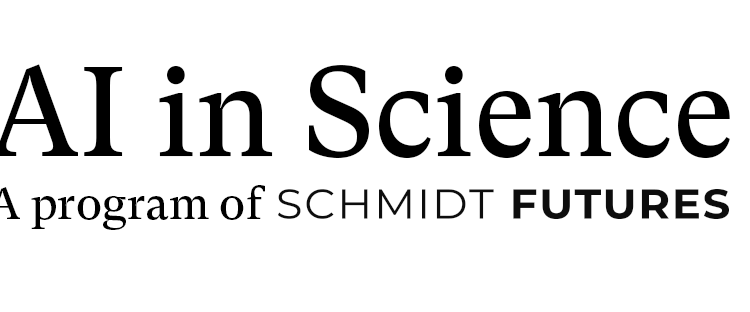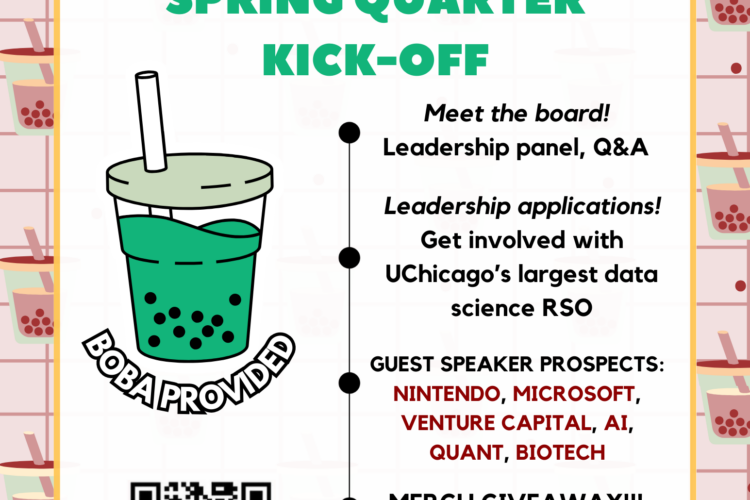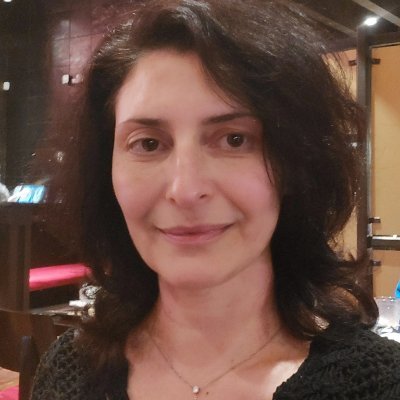AI+Science Summer School 2024
Modern artificial intelligence and machine learning will fundamentally change scientific discovery. We are just beginning to understand the possibilities presented by an era of extraordinarily powerful computers coupled with advanced instruments capable of collecting enormous volumes of high-resolution experimental data. Off-the-shelf machine learning tools cannot fully extract the knowledge contained in these datasets, let alone generate new theories and propose future experiments.
The AI + Science Summer School will be held from July 15th – 19th, jointly hosted by the Data Science Institute (DSI), the Institute for Mathematical and Statistical Innovation (IMSI) at the University of Chicago, and Schmidt Sciences via our Eric and Wendy Schmidt AI in Science Fellowship program at the University of Chicago.
This year’s speakers will focus on applications of AI and Machine learning in core areas of domain science – genetics and physics, materials and chemistry, energy sciences, climate sciences and bioinformatics. The goal of the program is to introduce a new generation of diverse interdisciplinary graduate students and researchers to the emerging field of AI + Science. We also hope this program can build community and spur new research directions focused on AI-enabled scientific discovery across the physical and biological sciences. Lectures and tutorials will focus on some of these areas: Generative models, Representation learning, Label-efficient learning, Simulation-based inference and other inverse problems, and Uncertainty quantification.
The organizing committee for the AI + Science Summer School includes Peter Lu, Ritesh Kumar, Yihang Wang, Anthony Badea, Mark Schulze, Simona Ahmed, and Rebecca Willett.
Information about the 2023 Summer School
Information about the 2022 Summer School

Speakers
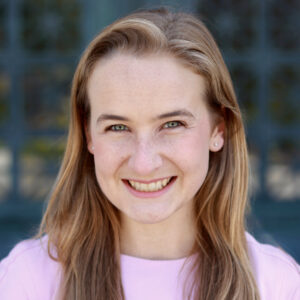
Tess Smidt
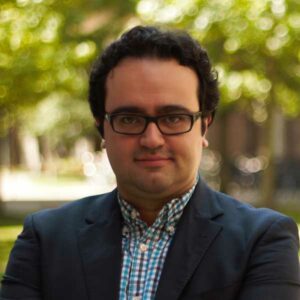
Pedram Hassanzadeh
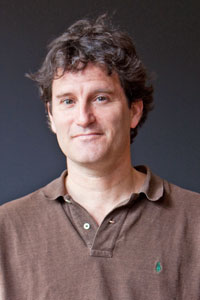
Michael P. Brenner
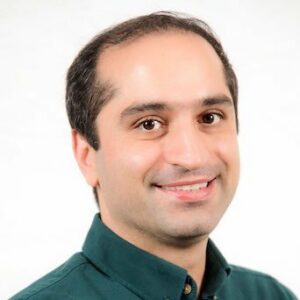
Muratahan Aykol
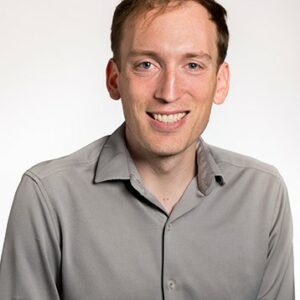
Zachary Ulissi
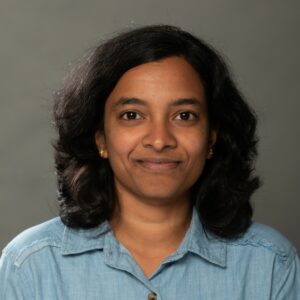
Sunganya Sivagurunathan
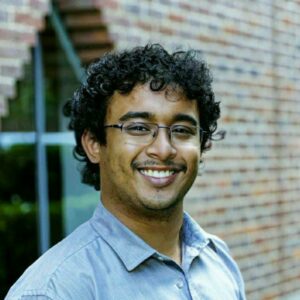
Srijit Seal

Daniel Schwalbe-Koda


